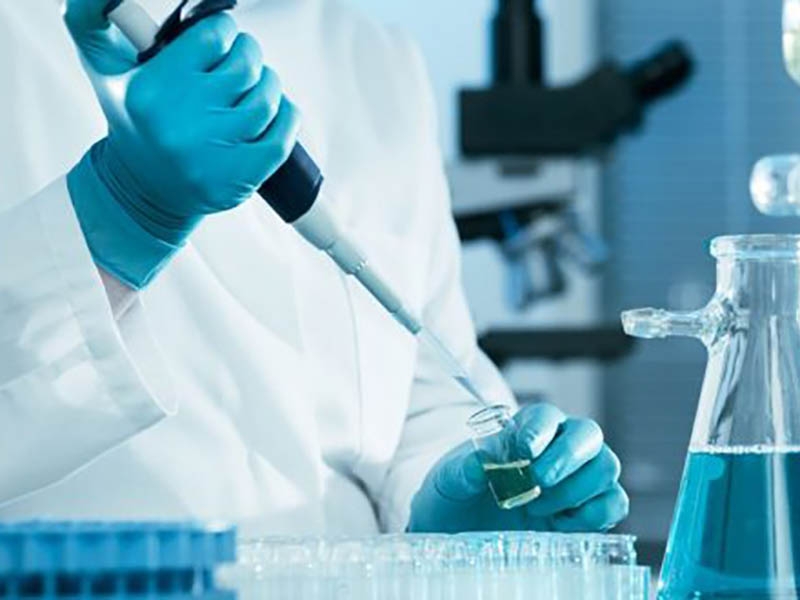
Infectious disease specialist
Watch our video about Infectious disease specialist
What Does an Infectious Disease Specialist Do?
An Infectious Disease Specialist, or Infectologist, is a medical professional specialising in the prevention, diagnosis, and treatment of diseases caused by bacteria, viruses, fungi, and parasites. Their role includes managing complex infections, especially those resistant to standard treatments, and offering guidance on travel-related diseases and immunisations.
At Clinic Consultation, our Infectologists utilise advanced diagnostic tools and evidence-based treatments to provide personalised care. They also focus on educating patients about infection prevention and addressing underlying conditions that may compromise the immune system, ensuring comprehensive health management.
What Conditions Does an Infectious Disease Specialist Treat?
Infectologists manage a wide range of infectious diseases, including:
HIV/AIDS
Offers management plans, antiretroviral therapies, and monitoring to maintain immune health.Tuberculosis (TB)
Diagnoses and treats both latent and active TB infections with long-term medication protocols.Hepatitis (A, B, C)
Provides diagnosis and treatment for viral hepatitis, preventing liver complications.Sepsis and Bloodstream Infections
Treats severe systemic infections requiring urgent medical intervention.Tropical Diseases
Manages conditions like malaria, dengue, and chikungunya, often acquired during travel.Fungal Infections
Diagnoses and treats severe fungal infections like candidiasis or aspergillosis.Antibiotic-Resistant Infections
Develops tailored strategies for treating infections resistant to standard antibiotics.
How Can an Infectious Disease Specialist Help?
An Infectologist provides specialised care for patients with complex or chronic infections that may not respond to conventional treatments. They work closely with other healthcare professionals to ensure coordinated care, particularly for individuals with weakened immune systems or those recovering from surgery.
At Clinic Consultation, our Infectologists also offer preventive services, including vaccination plans, pre-travel consultations, and guidance on reducing the risk of infections. Their expertise ensures patients receive targeted treatments and preventive care for long-term health.
What Tests Does an Infectious Disease Specialist Request?
To accurately diagnose and treat infections, Infectologists rely on a range of diagnostic tests, including:
Blood Cultures
Detects bacteria or fungi in the bloodstream, essential for diagnosing sepsis.PCR Tests
Identifies genetic material of viruses or bacteria, useful for detecting diseases like COVID-19 or tuberculosis.Antibody Tests
Determines past exposure or immunity to infections like hepatitis or dengue.Liver Function Tests
Evaluates liver health, especially in cases of hepatitis or medication monitoring.Chest X-Rays
Diagnoses lung infections such as pneumonia or tuberculosis.Stool Tests
Identifies gastrointestinal infections caused by parasites, bacteria, or viruses.Skin Biopsy
Examines skin infections or rashes to determine the underlying cause.
When Should You See an Infectious Disease Specialist?
It is vital to consult an Infectologist when faced with persistent or severe symptoms. Here are seven key scenarios where their expertise is essential:
Recurrent Infections
Frequent infections, such as urinary tract infections or sinusitis, may indicate an underlying issue that requires specialised evaluation.Unexplained Fever
Persistent fever lasting more than a week, especially without a clear cause, warrants investigation to rule out serious infections.Travel-Related Illnesses
Symptoms like fever, diarrhoea, or rash after returning from a trip to tropical regions require immediate assessment.Complicated Skin or Wound Infections
Non-healing wounds, abscesses, or skin infections may require advanced treatment strategies.HIV or Suspected Immune Deficiency
Individuals with diagnosed or suspected immune system compromise should seek specialised care.Post-Surgical Infections
Symptoms like redness, swelling, or fever after surgery could signal a deep-seated infection.Exposure to Contagious Diseases
Close contact with someone diagnosed with TB, meningitis, or other highly contagious conditions calls for immediate evaluation and preventive measures.
How to Prevent Infectious Diseases
Preventing infectious diseases involves adopting healthy lifestyle practices and staying up to date with vaccinations. Regular handwashing, practising safe food handling, and avoiding contact with sick individuals reduce the risk of common infections. Using protective measures like insect repellents and adhering to travel advisories can help prevent tropical diseases.
Routine check-ups with an Infectologist at Clinic Consultation ensure that individuals are well-informed about preventive strategies and receive the necessary immunisations for their specific health needs.
What to Ask an Infectious Disease Specialist During the First Consultation
To get the most out of your visit, consider asking:
- What could be causing my symptoms?
- Are there specific lifestyle changes I should adopt to avoid infections?
- What treatment options are available for my condition?
- Are there any long-term complications I should be aware of?
- How can I strengthen my immune system to prevent future infections?
- Do I need any vaccinations or preventive medications?
- Should I undergo regular follow-ups or additional tests?
Book Your Appointment at Clinic Consultation
Infectious Disease Specialists play a crucial role in managing complex infections and providing preventive care. At Clinic Consultation, our experienced Infectologists are committed to delivering comprehensive and personalised treatments. Schedule your consultation online today and take the first step towards better health and protection from infectious diseases.
Click here to schedule an appointment online